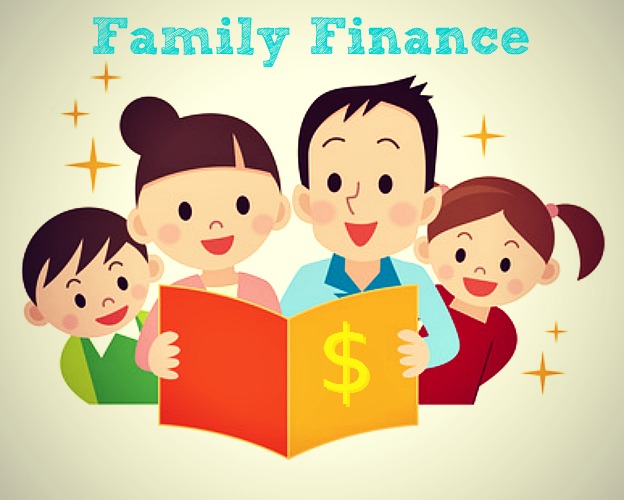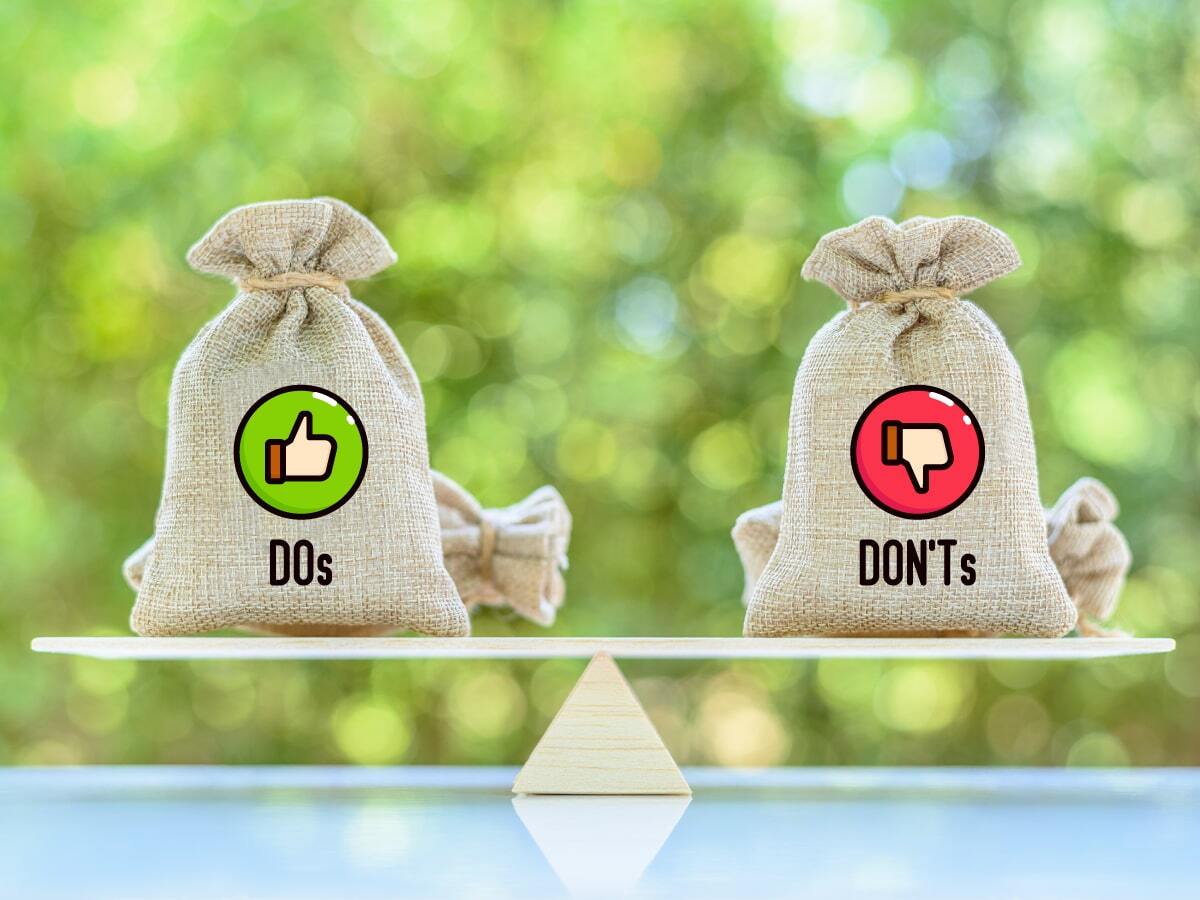How One Family Handles Their Money in 2023
How Family Handles Money
Table of Contents
When Family Handles Money while we’re young, we tend to see money differently than we do as adults. Unless it’s time to go shopping for new clothing, shoes, or a flashy new toy, kids don’t give much thought to money or finances in general.
Perhaps we enjoyed the same aspirations as teenagers, only to have them shattered by experience. It’s crucial to take advantage of what we know today and foster an atmosphere where everyone in the family can profit, regardless of age or how we were taught with respect to money.

Communicate openly and honestly
In many homes, discussions about money were considered inappropriate for minors because of their “adult” nature. We should let children be children, but it doesn’t mean we have to keep them out of these discussions.
Personal finance advice may be adapted for people of various ages, and you might be surprised by how fast they can learn new concepts. If there are certain errors you hope your kid will avoid (or at least become aware of), for instance, you may assist paint the image for them by drawing on your own experiences.
Tell me about any habits you developed when you were younger. If you could go back in time, what advice would you give your younger self? If time permits, use these inquiries to brainstorm topics for conversation.
Even if they don’t completely understand, the information you gave them will provide them a solid foundation from which to make wiser financial choices.

It is possible to learn something from every experience
Kids don’t usually think about the positive or negative outcomes of their actions since they don’t have to worry about paying the bills. Children may need gentle reminders to do simple things like turning off lights when not in use or turning off the water while brushing their teeth.
Try to convince them that saving even a tiny amount on their utility expenses is a good thing. Raising children who are self-aware and thoughtful is not about playing drill sergeant and watching their every move.
You may easily convince them to just choose two or three boxes of cereal instead of 10 if you’re in the supermarket with them because they would like to try every brand. There’s no need to buy 10 different kinds of sugary cereal for kids, no matter how much they consume.
This is your chance to provide a detailed explanation of what happens when the food in the boxes you’ve chosen runs out. It’s a waste of money and effort since food spoils if it’s not consumed quickly enough.
Talk about the value of starting a savings program at a young age
We learned the value of saving early on with the help of a piggy bank. Having numerous savings accounts gives you peace of mind while dealing with life’s inevitable emergencies and unforeseen events. Discuss the value of saving and opening a savings account with your kids.

Teens may open savings and banking accounts at several major financial institutions. Have a side employment that helps them supplement their allowance if they get one. If they are of working age, you should talk to them every week about setting and achieving financial objectives.
Although it may be frustrating to them, reminding youngsters of the importance of praise is essential. They will remember all the helpful information you gave them thanks to your consistent repetition. Putting up a positive image of saving doesn’t have to be difficult. Children will make errors; we’ve all been there.
Foster a setting that encourages the development of a frugal way of thinking
Analytical and critical thinking prowess are among the most consequential abilities to cultivate and exercise. The most rewarding thing that may do as grownups to help shape their sensitive and keen brains is to provide a secure environment for your kids to ask inquiries, take good decisions, made not-so-good decisions, and learn through them.
So many of them dealt with money on a reactive rather than proactive basis? We may utilize common experiences to teach people of all ages and locations on the spectrum that preparing for the future is as vital as living in the now.
Let’s assume your kid has their eye on something in the store. To begin, you may ask them something like, “How costly is this product worth?” Justify your need for this product. Exactly how would this product benefit you? Do you plan on putting money aside to buy it? Give them time to deliberate over their responses; doing so will aid them in understanding the worth of purchasing your goods.

The next step is to start a backup. This provides a visual representation of the “waiting period” — the time between when you decide to buy something and when you really have the money to do so. During this stage, individuals may come up with a new product idea or decide the current one isn’t for them.
While you’re waiting, it’s a good time to ask things like, “Are you sure you won’t run out of money if you buy this?” What you want to acquire has changed, right? These essential abilities are crucial and will influence their confidence in making choices or changing course.
The item they’ve needed to purchase more time has finally arrived. This is the payoff phase, when people finally see their efforts pay off as their savings grow.





Leave a Reply